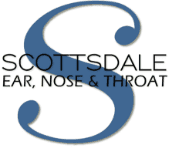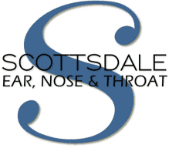The Different Types Of
Allergies
Allergies are a response by your immune system after coming into contact with various foreign substances such as pollens, foods, molds, animal dander, drugs and airborne pollutants.
Staying in control of your allergies associated with tree pollens (such as elm, maple, birch, poplar, beech, ash, and oak), fragrant flowers, and various types of grasses can be an intense seasonal battle in springtime.
Household allergies stemming from dust mites, pets, and molds, usually become more pronounced during winter months when air ventilation inside your home decreases.
Different Ways To Gain Control Over Your Allergies
You can gain control over your allergy symptoms and get
the relief you need by using three different types of treatment.
1. Antihistamines
Antihistamines are the most common option for gaining control over sneezing, runny nose, and itchy eyes – common symptoms of allergies. Those who suffer from seasonal allergic rhinitis (hay fever) are familiar with some of the most common antihistamines such as Benadryl and Chlor-Triemton. Although effective at overcoming symptoms, drowsiness is a common side effect. Those who operate equipment, drive, or simply cannot allow themselves to become drowsy might use Zyrtec, Clarinex, Allegra, and Claritin, which have reduced drowsiness side effects.
2. Decongestants
Decongestants address congestion and nasal stuffiness associated with allergies. Although highly effective at treating these symptoms, they tend to increase your heart rate and blood pressure. In addition, decongestants can also make prostate problems and glaucoma problems worse, making it essential to discuss the side effects of decongestants with your doctor before using them.
3. Allergy Shots
Allergy shots reduce the sensitivity of triggers known to set off allergic reactions. This is accomplished by injecting small amounts of the antigens to which you tend to have a reaction to over regular intervals. Initially, injections will be weekly, progress to monthly injections, and ultimately continue to be given every six to twelve months. The primary use of allergy shots is to address seasonal allergies responsible for sneezing, itchy eyes, and nasal congestion.
What’s The Right Treatment For You?
Because allergies are unique from one individual to another, there is no general course of treatment that can effectively treat every individual.
We recommend scheduling an appointment in order to identify the unique circumstances related to your allergies and symptoms so that we can customize a treatment plan that will provide both fast and efficient relief to meet your specific needs.
Simply complete the form on this page and one of our friendly team members will be in touch.
Patient Resources
The latest news, technological breakthroughs, and patient resources available from the experts at Scottsdale Ear, Nose & Throat.

